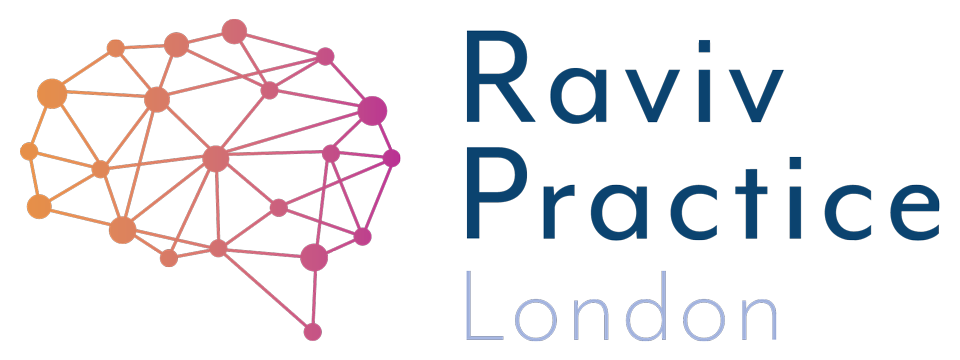What the Euros 2024 - England Vs Spain taught us about emotional brains
On Sunday, there was a strange atmosphere. There was a feeling of excitement the entire day, building up to the big match! I do not follow football, but this was a national event. I needed to watch it as a sign of loyalty, if nothing else.
As disappointed as we were, the after-match commentary was fascinating for a novice (like me to hear). Modern technology allows the beautiful game to be monitored in a very exact way. The post-match data showed Spain was the stronger side; they held onto the ball sixty-sixty percent of the time compared to England’s thirty-four percent. Spain also had almost twice the number of attempted shots. It was clear to see that these were powerful opponents!
“It is a hard defeat for England to take”
We were on the back foot, not even on home ground as we were in 2021. Regardless, the nation’s emotions were fully behind the players in Berlin. Gareth Southgate, England’s manager #NationalTreasure, commented, “They (Spain) had more control of the game; it can wear you down a bit.’
As exciting as the match was, the part of me that is always thinking about education and learning couldn’t help but think about aspirations and emotions and the role they play in our lives.
Next is the World Cup
The aspirations of a nation will have another chance when England goes for the World Cup in two years. But this is not about aspirations—it is about the hard facts revealed by the data; this means next time the England team can get the formulae correct, we can celebrate a long awaited victory.
What is an aspiration?
What is an aspiration? An aspiration is an idea and thought, as well as a hope or goal for the future. It is something we can work towards incrementally and take the steps needed to have the desired outcome. Returning to the example of football: to achieve their aspiration of winning the match, they need to achieve certain steps. First, of course, they need to take possession of the ball. The more often they have the ball, the more opportunities they have to score. We can measure the outcome by working with these facts and making sure the team increases their chances next time.
This way of thinking is rational thought at play. It is a logical and systematic way of achieving aspirations, but when emotions are high, it can be very difficult to see how to work towards these goals in the right way. Gareth and the England team had to focus rationally on achieving their goals for around 90 minutes, despite the vast range of emotions they must have felt at the time. It is not an easy task for anyone, so you can imagine how emotions can affect the processes of children (and adults) with neurodiversity.
“children who are over-emotional are very distant from rational understanding ”
Children and their desired outcomes
For example, over-emotional children are very distant from the rational understanding of how to work towards goals, or how the desired outcome can be reached. They often feel an injustice but don't understand why. Many children with neurodiversity rely on emotions instead of clear, rational thoughts. I work with many children with developmental coordination delays (DCD) who dream of playing football with their peers or even just playing with balls to any level of success. Of course, they can then feel disheartened when their efforts are not rewarded.
Using special techniques in my one-to-one therapy , they can learn to catch and throw with success. While they can get upset easily, I teach parents to use their children's highly emotional brains to help them turn their thinking around. Feeling good can be measured using smiley-faced stickers to reward their effort, and celebrate even small successes, associating that achievement with positive emotions.
Naturally, the more stickers children see for their effort, the happier they feel, and the more effort they apply. This effort, coupled with the correct tools of using the correct techniques, leads to eventual success.
See my blog about habits if you want to learn more about how celebrating successes can help both children and adults achieve their goals!
Why do children with special needs get more emotional?
Children need good working memory to remember they were successful. This cognitive skill is deficient in many children with neurodiversity. They forget they are successful, so the concrete sticker chart helps with their working memory deficit. Feeling good becomes a habit associated with that activity and is rewarded with the ability to catch and throw.
It is a long journey to break negative emotions, but we can do it with the right tools and counting the number of successes the child has had each time. The data will not be as exact as any post-football match data, but they are hard facts that move the child closer to their aspirations of success.
If you are interested in learning more about how to improve your child’s ability and how they perceive their skills when challenged with neurodiversity its worth getting in touch.
Dyslexia? Dyspraxia? ADHD? ASD? Speech & Language? Developmental Delay? Anxiety?
Is every school day a struggle? As a parent, you may feel exhausted and on this journey alone. Each year you see the gap getting wider. You need to do something - change the approach, help your child learn for themselves, find a way to turn this around - to help while you can - do this NOW. the first step is free.
About the Author
Usha Patel is a Neurocognitive Therapist and Director at Raviv Practice London. Parents searching to help their suspected/neurodiverse child can get evidence-based solutions with results in as little as 8 weeks. Those in search of jargon-free help can get started straight away.


